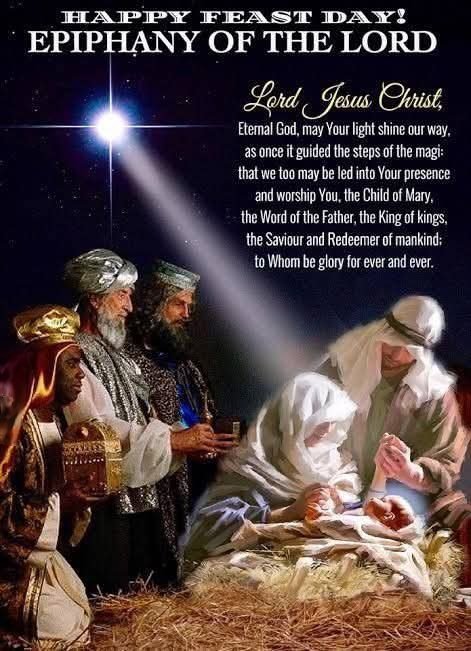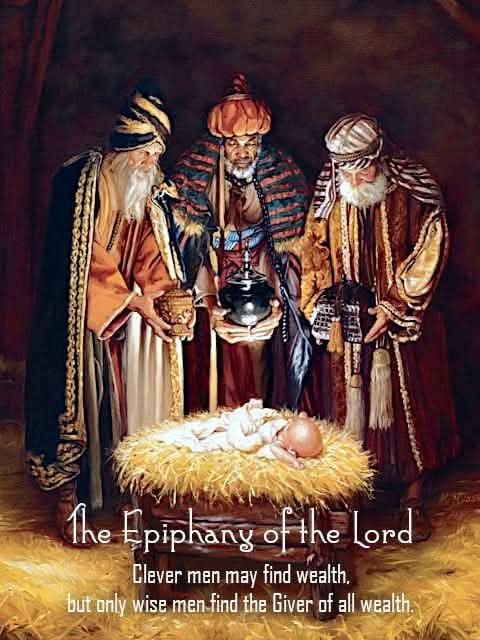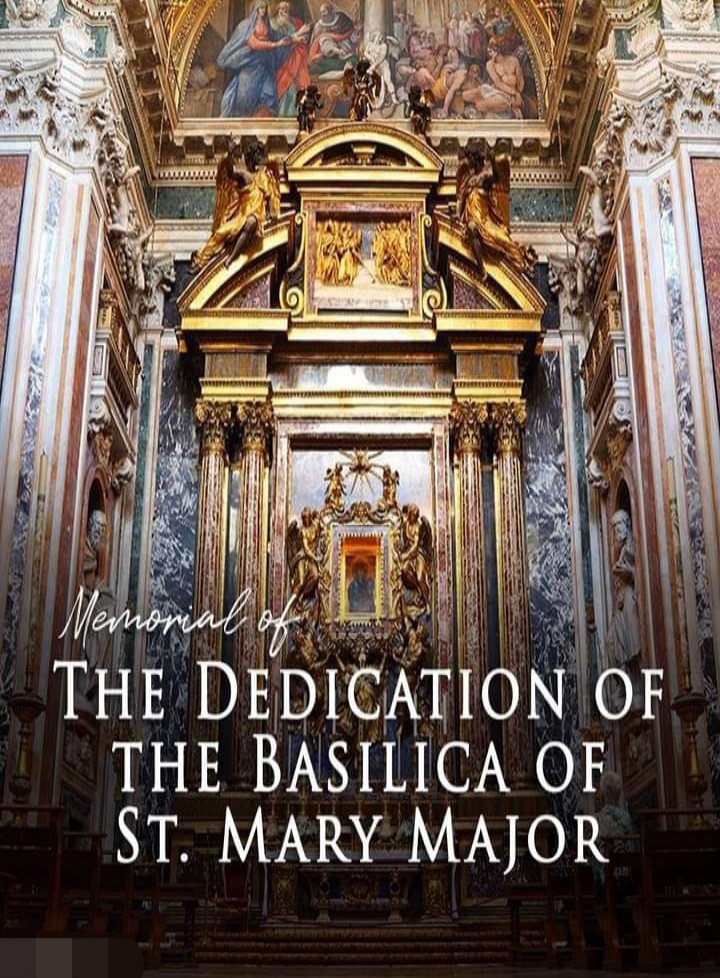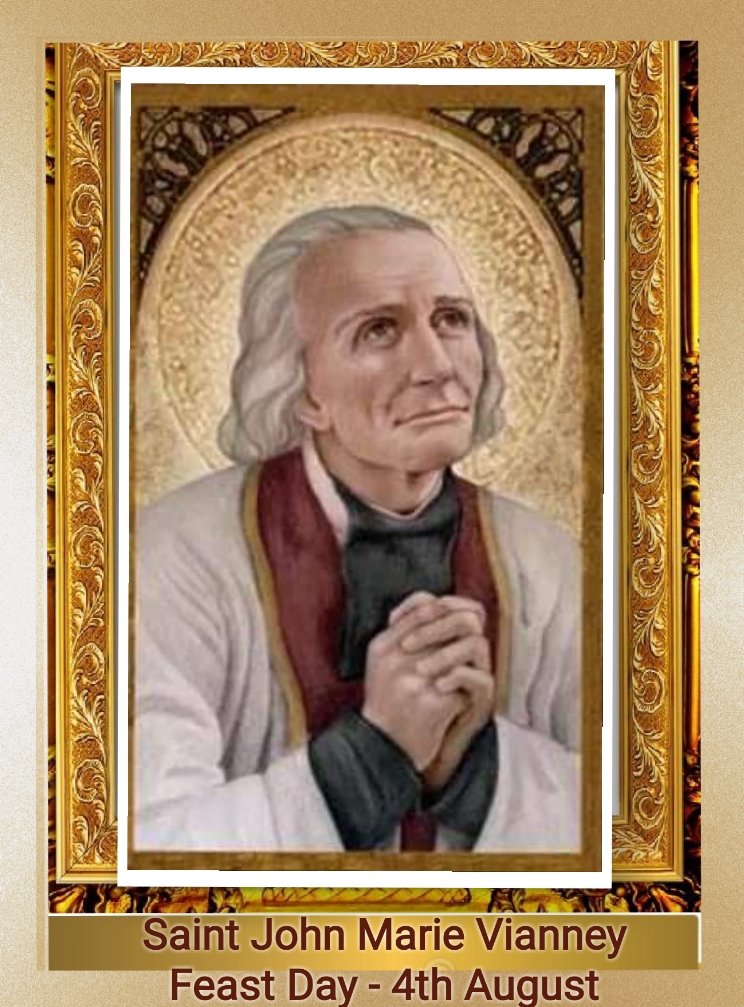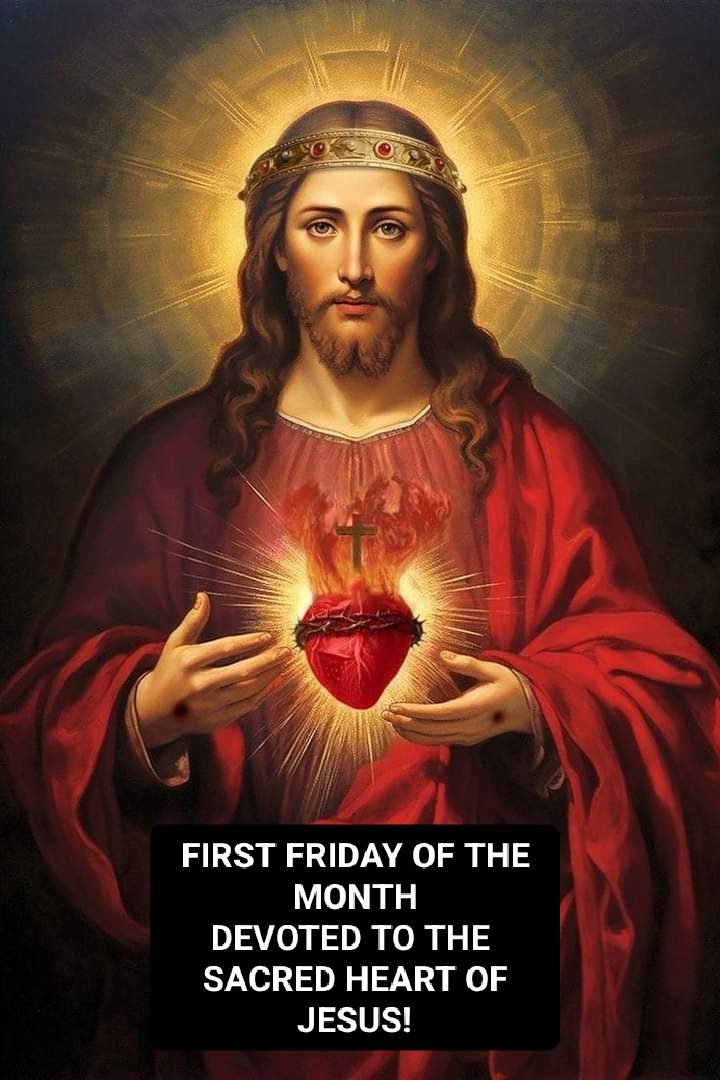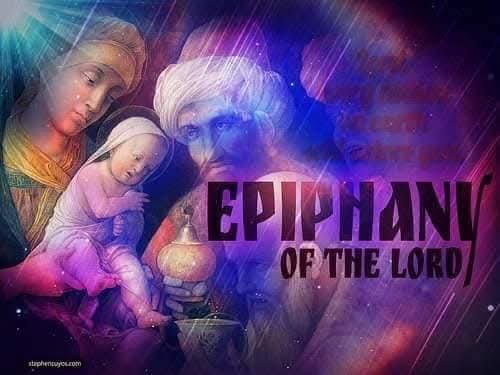
THE DAY OF THE EPIPHANY… 6 JANUARY
A multitude of camels shall cover you, the young camels of Midian and Ephah; all those from Sheba shall come. They shall bring gold and frankincense, and shall proclaim the praise of the Lord.
And nations shall walk by your light, and kings in the brightness of your rising.
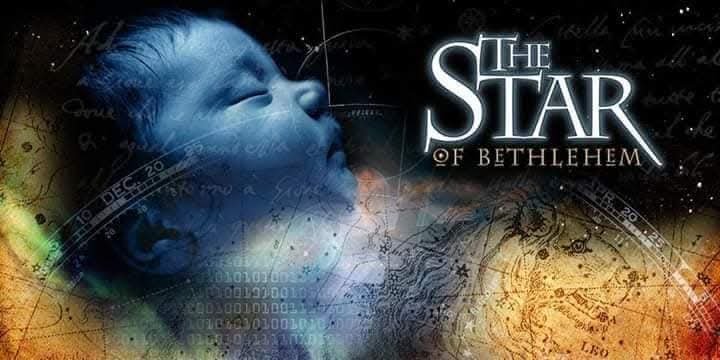
According to the Gospel of Matthew, the Magi knew where they were travelling and they knew whom they had come to see, for they asked: “Where is the child who has been born king of the Jews? For we observed his star at its rising, and have come to pay him homage.” The late Raymond E. Brown, S.S., reminds us that beyond the historical realities of their journey are deeper spiritual realities that Matthew’s Gospel is driving at, connecting the natural revelation of the pagan world to the revelation of the Jewish Scripture and to the divine manifestation of Jesus himself.
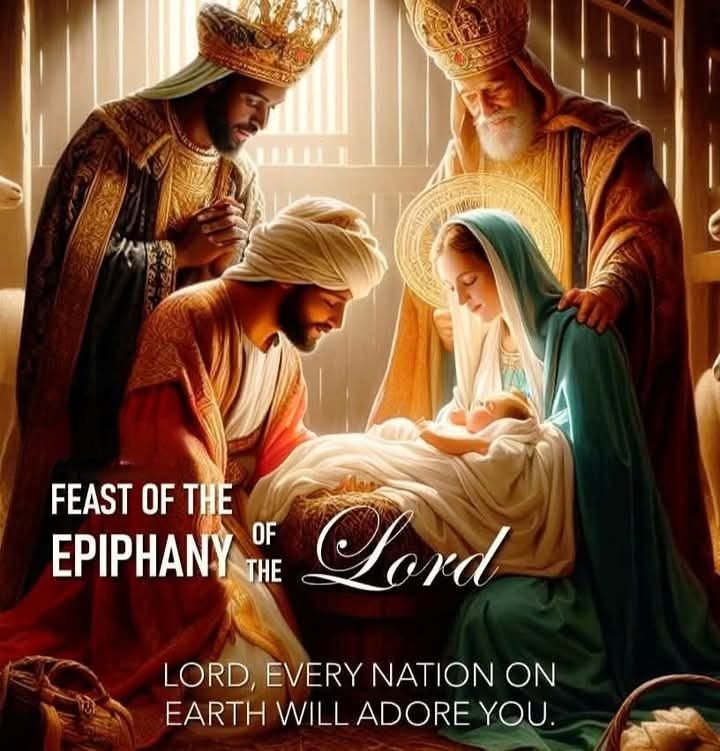
But when we imagine the journey, coming from ancient Persia, Babylon or Arabia, we wonder, what had they experienced to arrive in Bethlehem? How long was a journey of hundreds of miles on camel, donkey or foot? Did they ever think to turn around and just go home? Matthew does not focus on their daunting journey, however, only on their arrival, because they had travelled to discover the source of salvation.
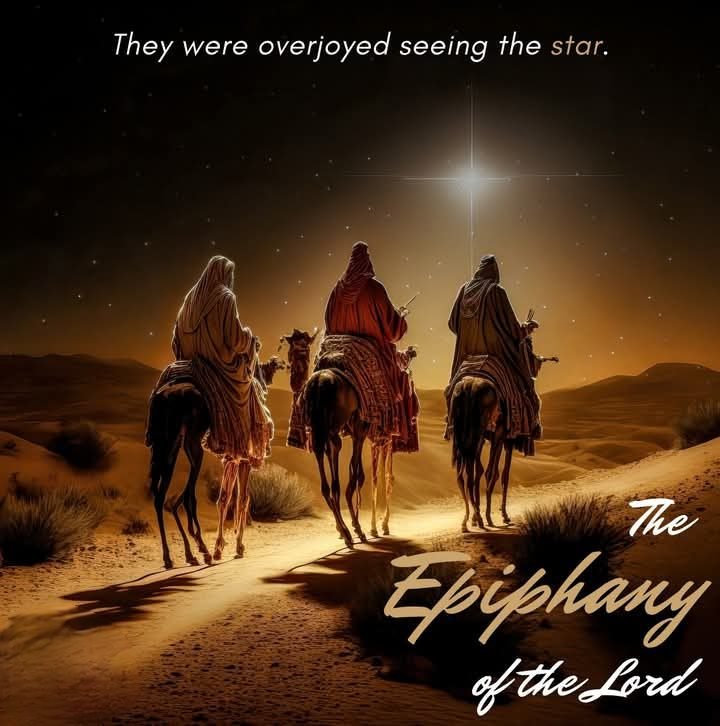
But when they arrived, they were lacking something, which is why they went to Herod. What they lacked was the special revelation given to the Jews, as embodied in Matthew’s citation, combined from Mi 5:1 and 2 Sm 5:2: “And you, Bethlehem, in the land of Judah, are by no means least among the rulers of Judah; for from you shall come a ruler who is to shepherd my people Israel.”
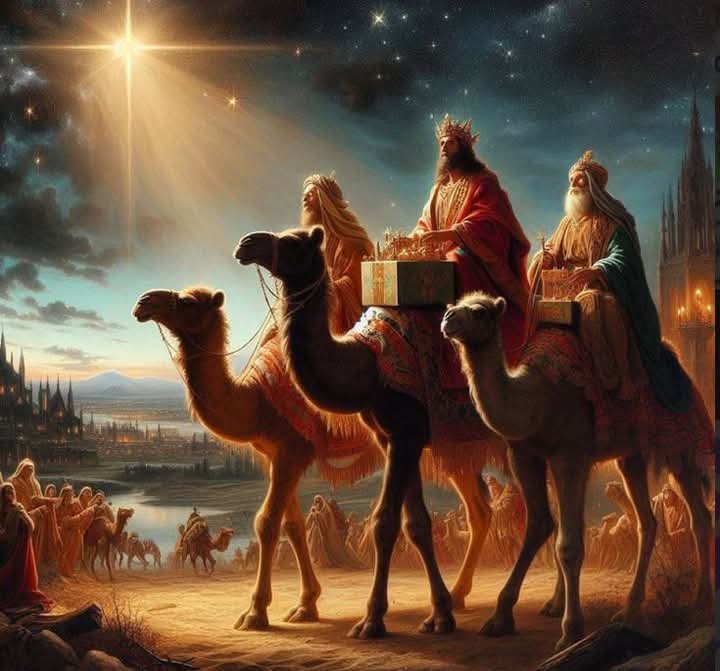
As for the Magi: “When they saw that the star had stopped, they were overwhelmed with joy. On entering the house, they saw the child with Mary his mother; and they knelt down and paid him homage. Then, opening their treasure chests, they offered him gifts of gold, frankincense, and myrrh.” On a journey of hope, the disappointments and struggles dissipate the moment you arrive at your destination.
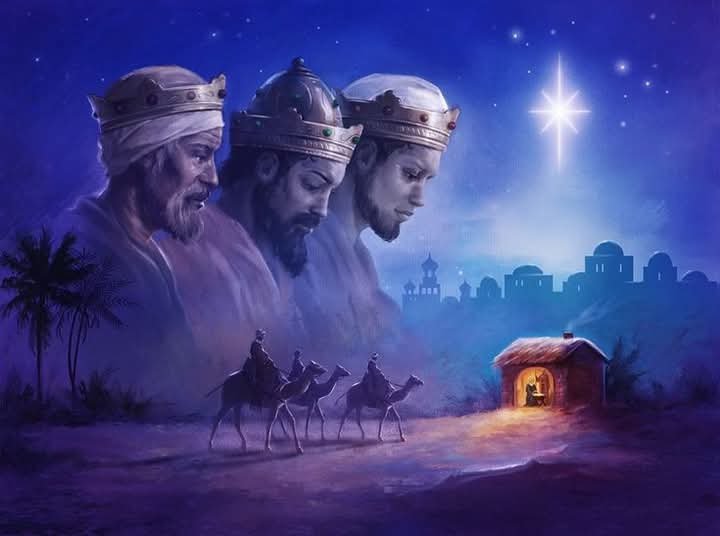
They would return home warily because they had been “warned in a dream not to return to Herod,” but it is not wrong to suspect that they were transformed people when they arrived back home, for they brought home a new light. Compare this to Herod, who had access to the revelation of Scripture but whose only journey was one of despair. Jesus was a threat to Herod’s narrowly conceived power; the hope represented by Jesus was something to destroy, not celebrate.
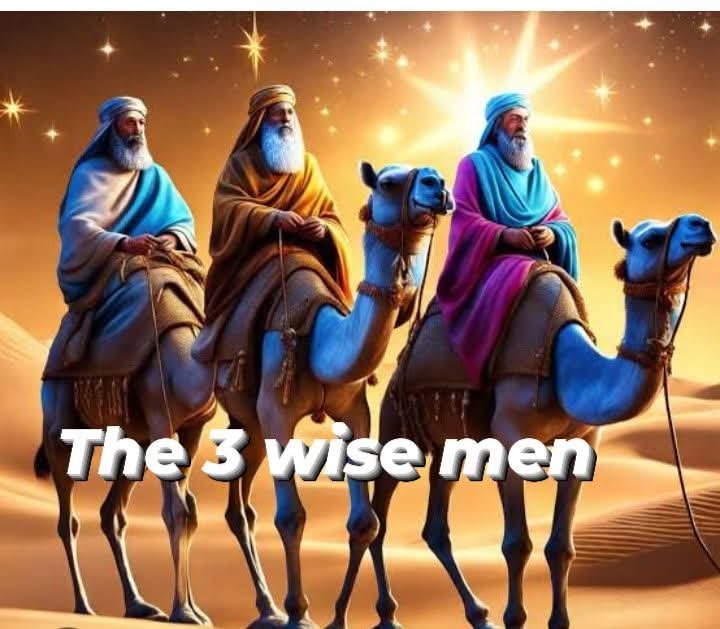
Perhaps the Magi faced questions when they returned about why they travelled so far: Why go to see this child? Why follow that star? It was a journey of hope, not just for them, but for all of humanity. Father Brown went on to say of this journey, “In these Magi Matthew sees an anticipation of Jesus’ promise, ‘I tell you, many will come from east and west and will eat with Abraham and Isaac and Jacob in the kingdom of heaven’’’ (8:11). The Magi, ultimately, are a symbol of the journey we are all on, the true journey, which takes us not far from home, but back home to God. This God took on human form and came to us as an infant child to show us how to journey home.
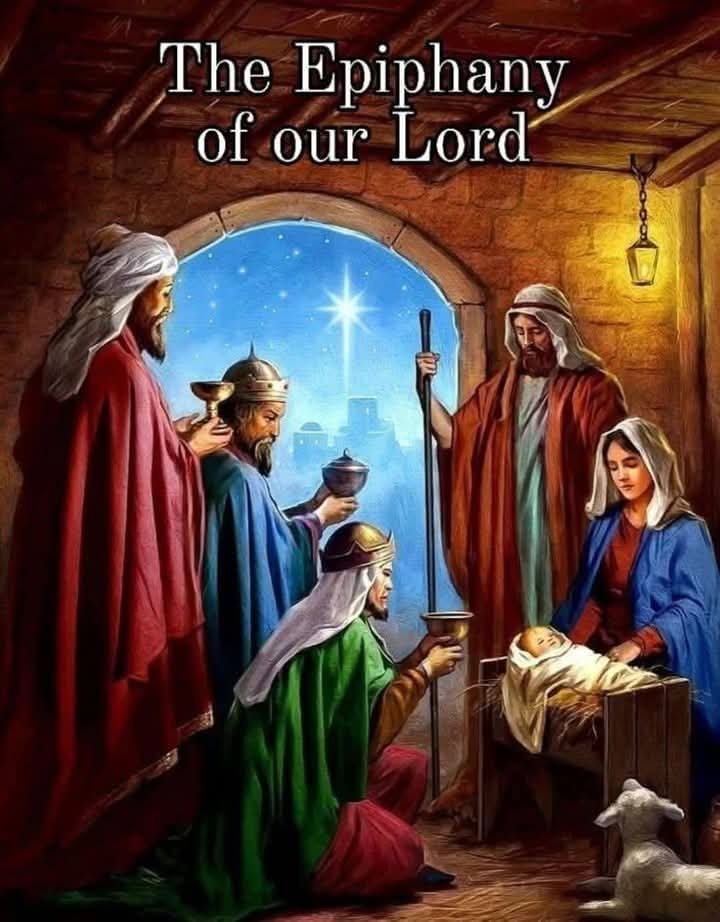
FEAST OF EPIPHANY
Today on the feast of Epiphany we have not brought as our offerings the material gifts of gold, frankincense and myrrh like the wise men did. However, we realize that the attitudes and meanings attached to these gifts are more important. And it is these which we offer as a fitting tribute on the feast of which we celebrate.
The frankincense we offer is the symbol of a heart that is ready to make God the centre of our lives. Our senses take us to the things we can see and hear, touch, taste and smell.
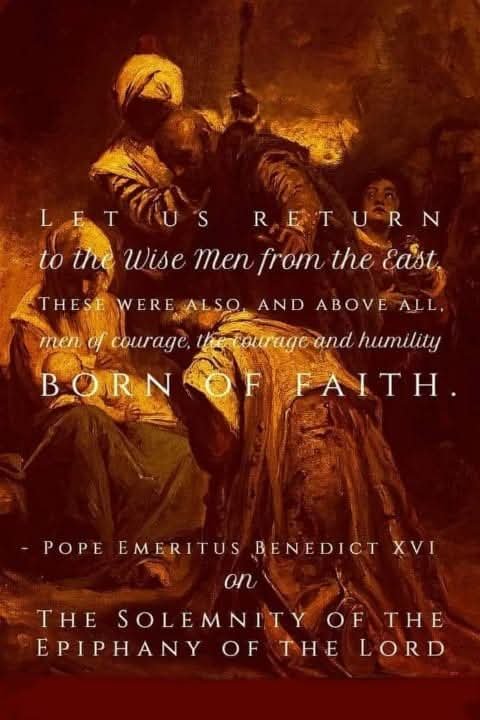
It is a deeper realization that leads us to the God who has created us and the universe we live in. It is God who sustains us in every breath we breathe. And it is this God whom we live and move and have our being.
With this perspective we will always walk with the realization that God lives in us as in a temple. And wherever we go we will always see the hand of God. We are challenged today to live continually in a world permeated with God.
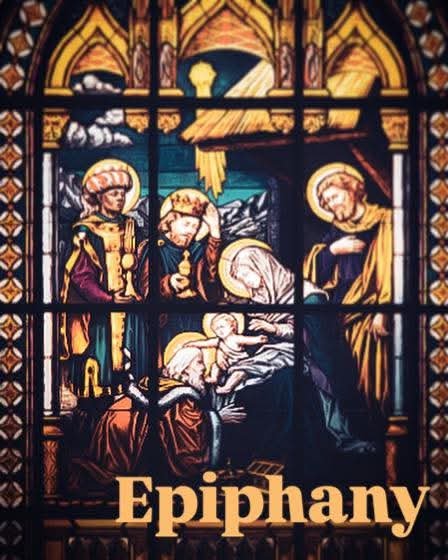
The gift of gold is what we offer to one whom we acknowledge as King. And today we are challenged to accept and live the values of the Kingdom that Jesus came to establish. Jesus’ values are expressed in the Gospels and the Sermon on the Mount especially the Beatitutides. We choose to live them even though in the eyes of the world, we seem stupid doing so.
Myrrh symbolizes that our hearts are ready to show like Jesus, a love unto death by the lives we lead. The love that we are challenged to offer is a self-sacrificing love, one that seeks the total good of the other without counting the cost.
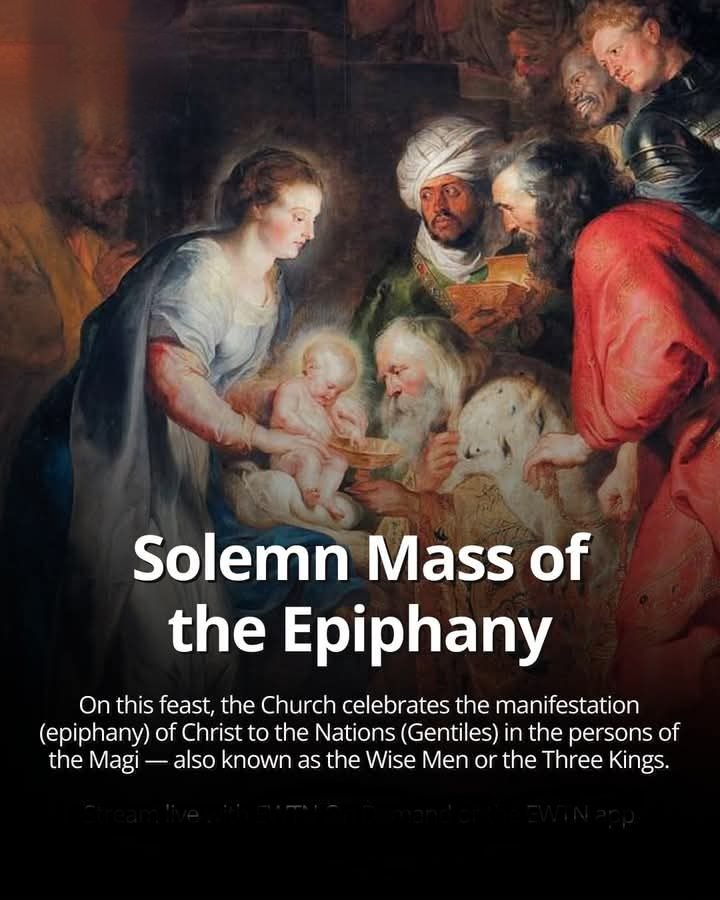
The wise men brought to the Child their gifts of frankincense, gold and myrrh. Today on the feast of Epiphany we offer what they signify. We choose to make God the centre of our lives. We seek to live by the values of the Kingdom that Jesus came to establish. Furthermore we pledge ourselves to a love unto death that Jesus had. May the Lord Jesus bless these gifts of ours and make them pleasing in His sight.
HAPPY FEAST OF THE EPIPHANY OF THE LORD!
